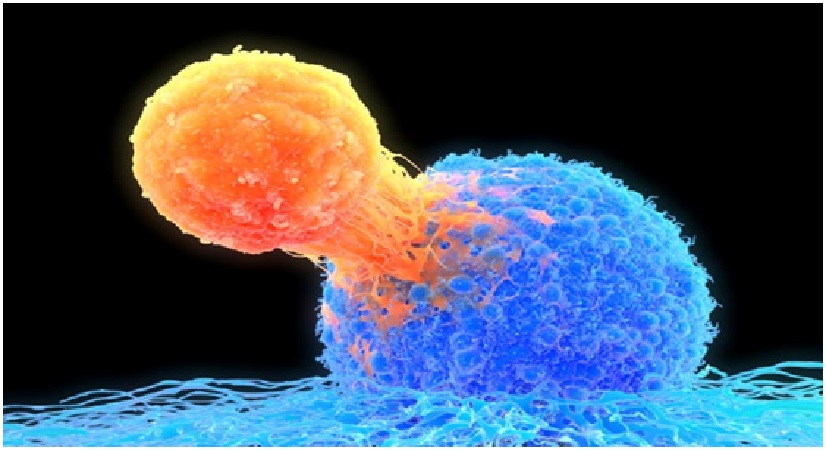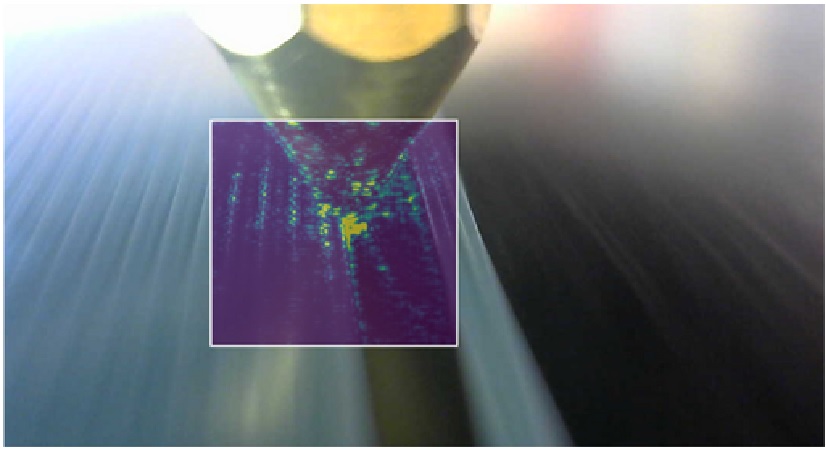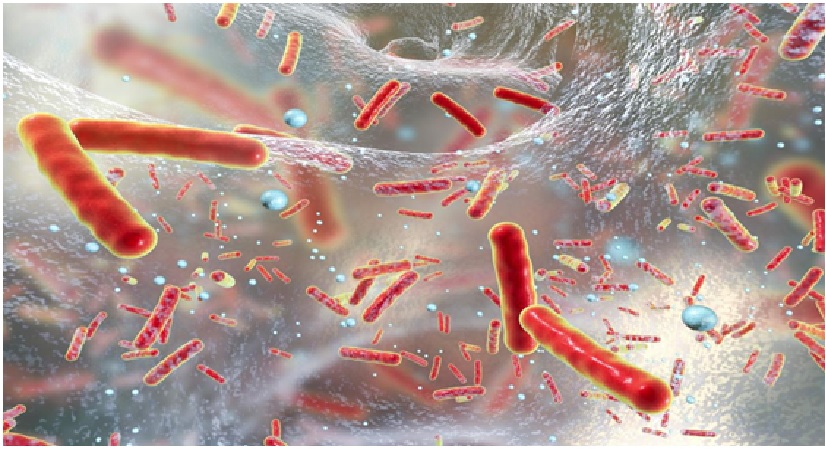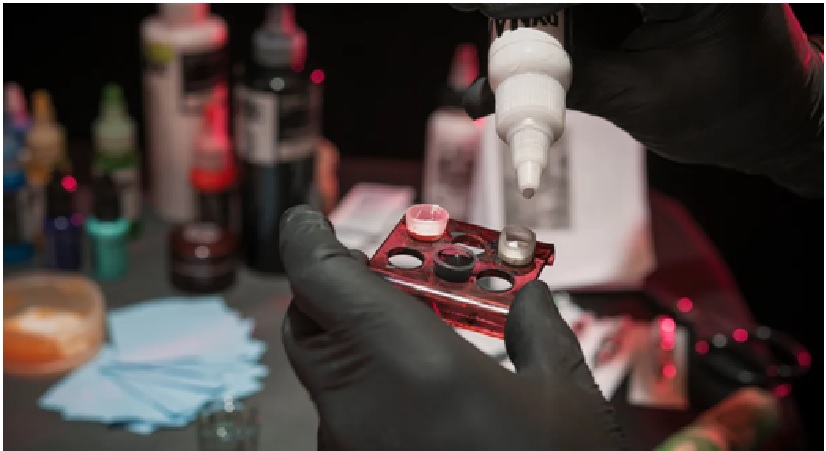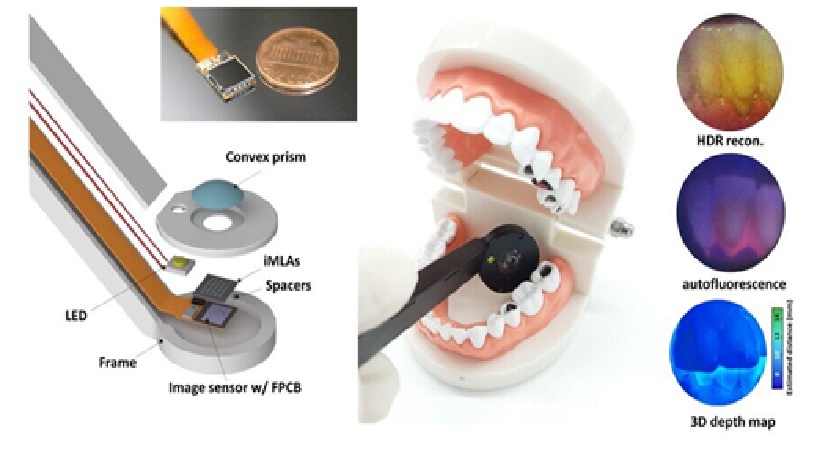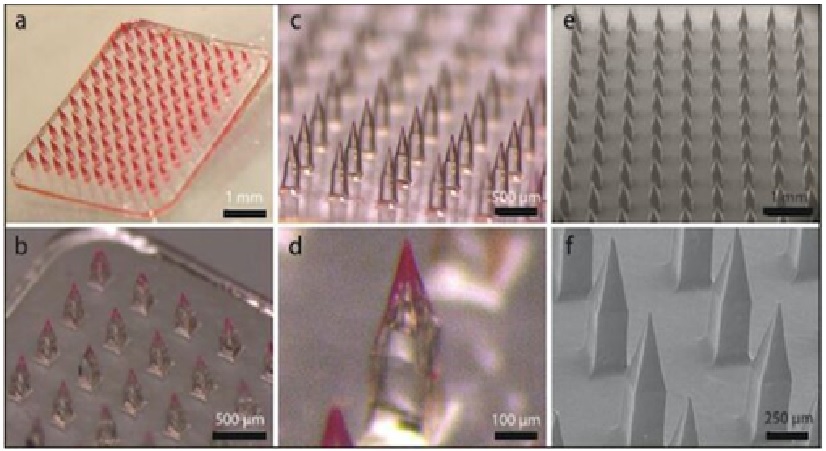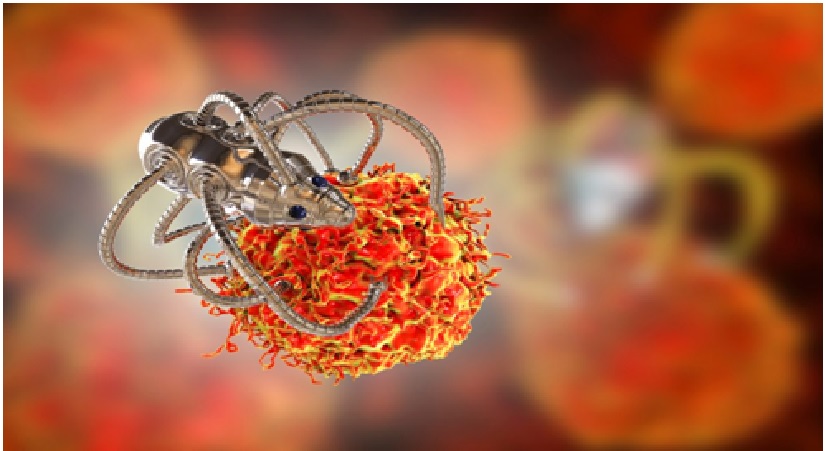Researchers Discover how Plants Reprogram their Cells to Fight Invaders
In times of war, factories can retool to support the needs of battle. Assembly lines change course from manufacturing car parts to machine guns, or from producing washing machines to aircraft engines.To hear Duke University professor Xinnian Dong tell it, plants can also shift from peacetime to wartime production.
Crops and other plants are often under attack from microbes, including bacteria, viruses, and other pathogens. When a plant senses a microbial invasion, it makes profound changes in the chemical soup of proteins — the workhorse molecules of life — inside its cells.
In recent years, Dong and her research team have been piecing together just how they do it. In a new study that was recently published in the journal Cell, Dong and first author Jinlong Wang reveal the key components in plant cells that reprogram their protein-making machinery to fight disease. [1]
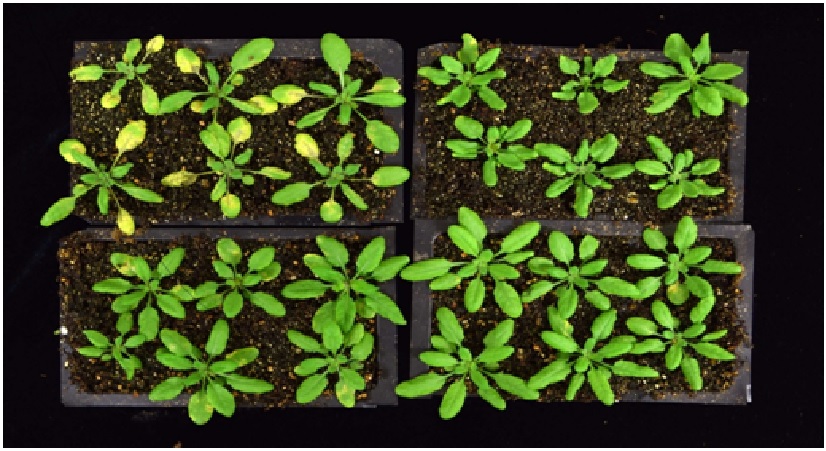
Figure 1. Researchers Discover how Plants Reprogram their Cells to Fight Invaders
Figure 1 shows when plants come under attack, they shift their priorities from growth to defense. This means that cells start synthesizing new proteins and suppress the production of others. Then “within two to three hours things return to normal,” Dong said.The tens of thousands of proteins made in cells do many jobs: catalyzing reactions, recognizing foreign substances, serving as chemical messengers, and moving materials in and out. [2]
The tens of thousands of proteins made in cells do many jobs: catalyzing reactions, serving as chemical messengers, recognizing foreign substances, moving materials in and out. To build a specific protein, genetic instructions in the DNA packed inside the cell's nucleus are transcribed into a messenger molecule called mRNA. This strand of mRNA then heads out into the cytoplasm, where a structure called a ribosome "reads" the message and translates it into a protein.
For plants, fighting infection is a balancing act, Dong said. Allocating more resources to defense means less is available for photosynthesis and other activities in the business of life. Producing too many defense proteins can create collateral damage: plants with an over-active immune system suffer stunted growth.
By understanding how plants strike this balance, Dong said, scientists hope to find new ways to engineer disease-resistant crops without compromising yield. [3]
References:
- https://scitechdaily.com/researchers-discover-how-plants-reprogram-their-cells-to-fight-invaders/
- https://headtopics.com/us/researchers-discover-how-plants-reprogram-their-cells-to-fight-invaders-29459105
- https://www.sciencedaily.com/releases/2022/08/220825164126.htm
Cite this article:
Thanusri swetha J (2022), Researchers Discover how Plants Reprogram their Cells to Fight Invaders, AnaTechMaz, pp.104


